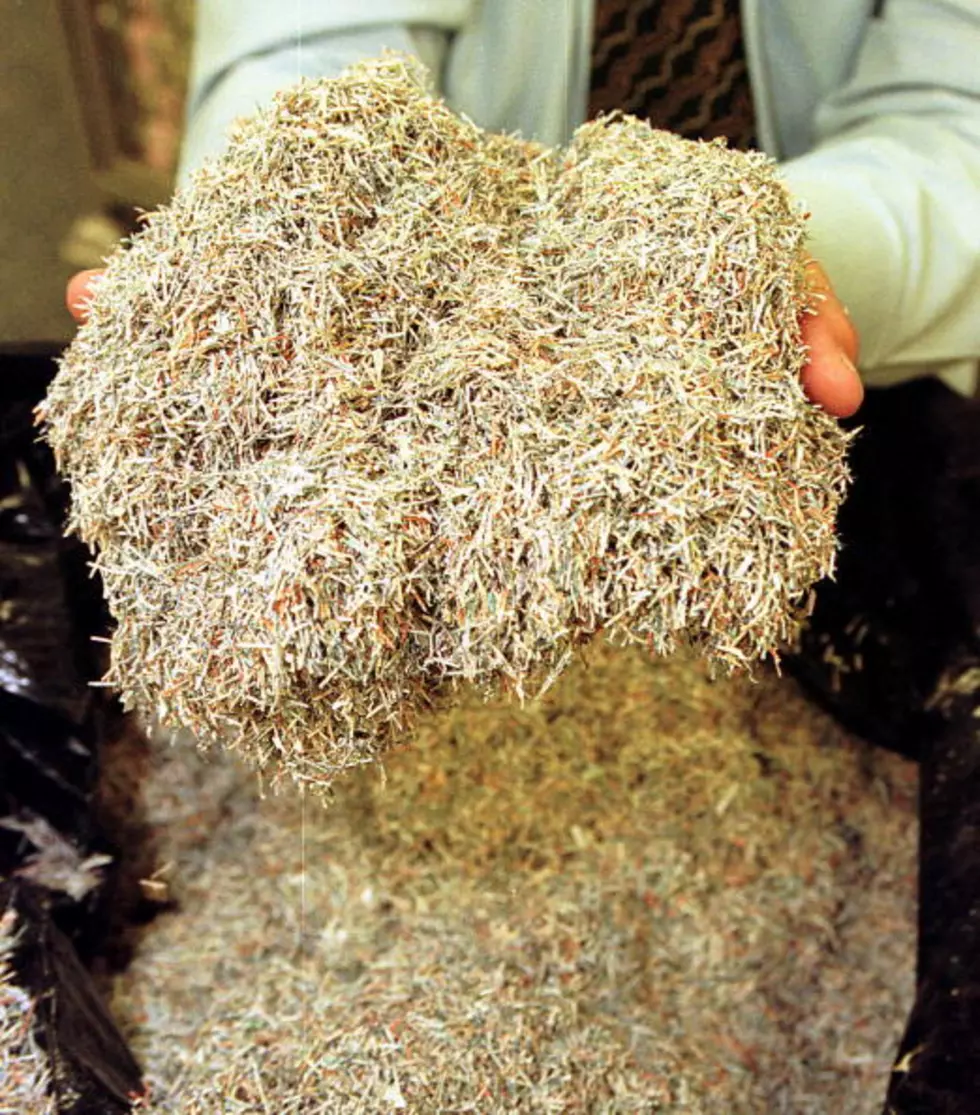
Better Business Bureau “Shred-It Day” This Saturday, April 26
If your filing system consists of piles of paper on the kitchen counter – or bulging file folders in an unlocked drawer – you could be setting yourself up for identity theft, the Better Business Bureau (BBB) warns.“Identity theft prevention starts with keeping your records safe,” said Andy Fisher, President and CEO of the BBB. “Important documents shouldn’t be left out where anybody who comes into your home or office can find them easily. They should be secured in a safe place. Outdated records should be shredded.”
The BBB sponsors a “shred day” each year for consumers and businesses in cooperation with the Consumer Fraud Task Force. Participants receive information on how to protect their identities, and they can shred up to four boxes of documents.
That "Shred-It Day" is coming this Saturday, April 26 from 9:00 am until noon in the Porter’s Fine Dry Cleaning parking lot at the Youree Drive/Bert Kouns Intersection.
While online identity theft gets lots of headlines, theft by someone who has access to your home is actually more common. People who work around your house, friends, even relatives can be tempted to pick up a credit card bill or bank statement left lying on a countertop.
The Federal Trade Commission estimates that as many as 9 million Americans have their identities stolen each year, costing individuals and businesses nearly $50 billion. So what should you keep and how long should you keep it? Here’s a list of types of documents and suggested retention times:
- Tax returns and supporting documents should be kept for eight years. Supporting documents may include charitable donation receipts, medical bills and property tax records, for example.
- Records on contributions to individual retirement accounts should be kept permanently.
- Retirement and savings plan statements should be kept from one year to permanently. Keep the monthly or quarterly statements until the end of the year, then keep the year-end statement and shred the others.
- Brokerage statements should be kept until you sell the securities. Sale and basis records should be kept with tax returns for eight years.
- Insurance policies should be kept for the life of the policy.
- Copies of bills should be kept until you have a canceled check or other confirmation that the bill has been paid. If they relate to taxes, they should be kept for eight years.
- Keep credit card receipts until you get the monthly statement, then shred receipts if the statements match. Statements should be kept for eight years if they include tax-related expenses.
- Paycheck stubs should be kept until you get your W-2 form. If the form matches your stubs, shred the stubs unless there’s other information you need for taxes, such as union dues paid, health insurance costs or retirement plan contributions. Consider keeping the year’s final stub for seven years or permanently.
- House records – such as purchase price and the cost of permanent improvements - should be kept permanently, or until seven years after you sell the house.
Documents are best kept in a locked cabinet. Computerized documents should be stored in a password-protected folder or on a secure website.
Consumers can learn how to protect themselves or find BBB Business Reviews by calling (318) 797-1330 or by going online to www.shreveport.bbb.org
More From KISS Country 93.7









